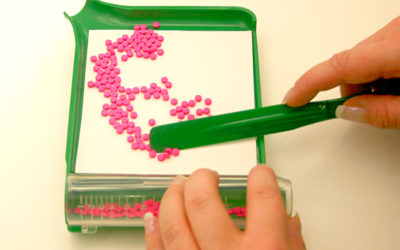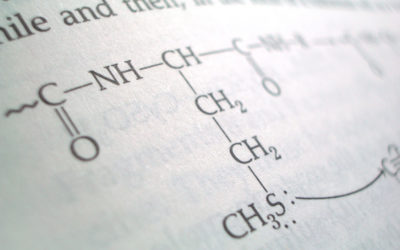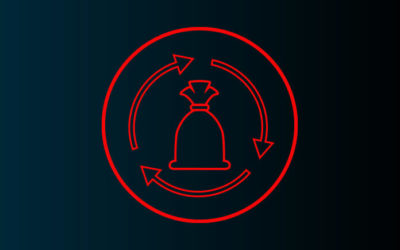If your facility’s employees are required to undergo OSHA training, you are probably very familiar with all the regulations and rules surrounding those trainings. You are probably also frustrated year in and year out with how expensive and inconvenient those trainings seem to be. It doesn’t need to be that way, though! There are ways to cut down on the time, expense, and headache of OSHA trainings without compromising on quality or your level of compliance.
Service Request
Have waste that requires compliant handling or disposal? Fill out our service form and an MCF Environmental Representative will get back to you quickly with next steps!
Please note we do not provide disposal services for household waste

















